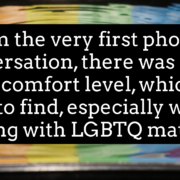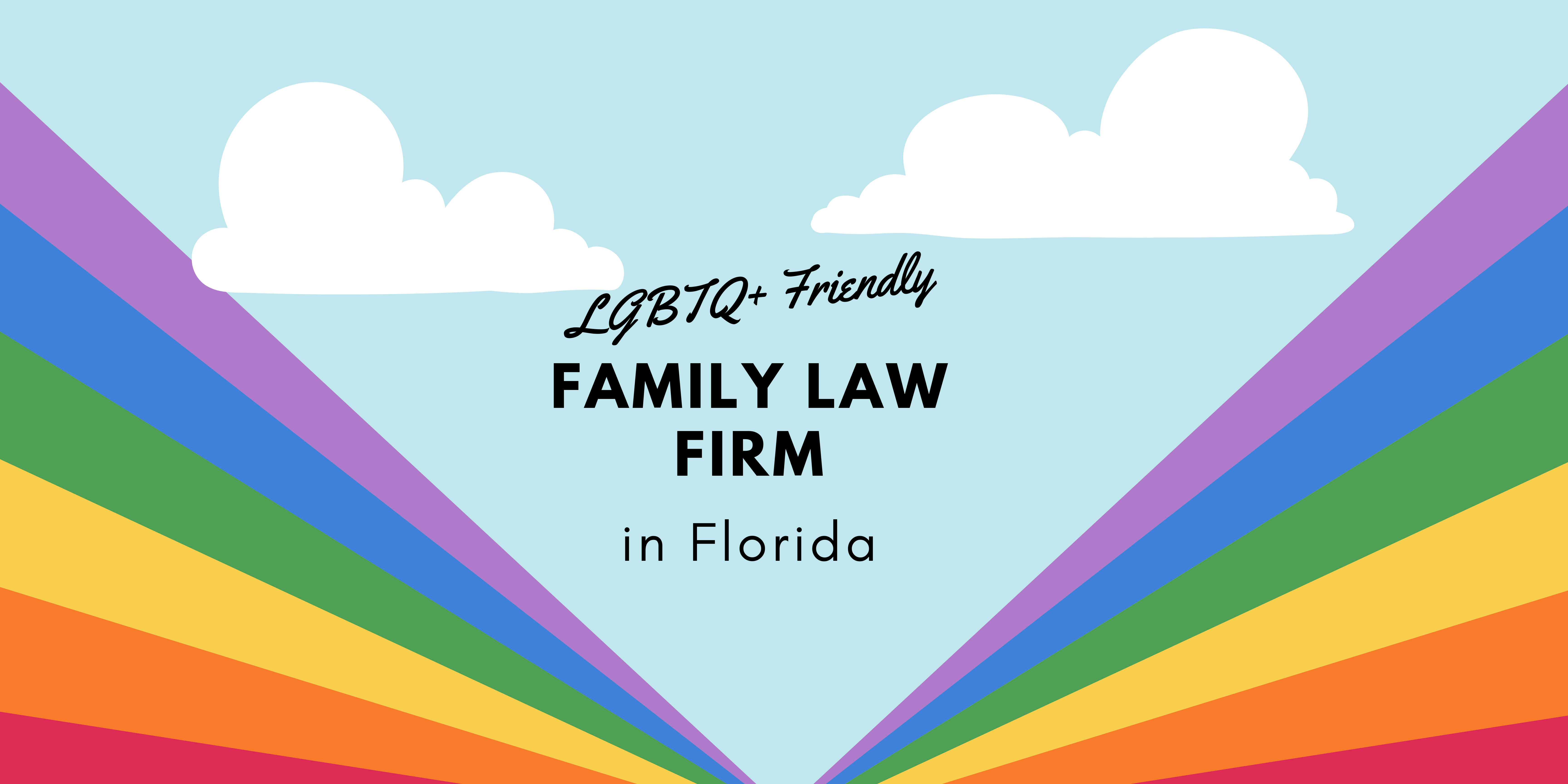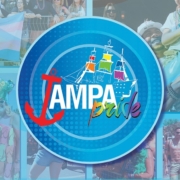If you are a member of the LGBTQ+ community in Florida, you might have found yourself wondering about the best path forward when it comes to family law matters. We get it—navigating the legal landscape can be confusing and overwhelming, and now is not the time for a lawyer to judge you or your family. But fear not! At Family Diplomacy, we’ve got your back. Our mission is to provide you with an open, friendly, and supportive environment as we work together to tailor LGBTQ+ Family Law solutions that perfectly suit your unique needs. And we help families throughout the State of Florida.
Crafting Harmony through Collaborative Family Law
Picture this: you’ve got personal family matters to resolve, but you’re dreading the thought of entering a public adversarial court system. Guess what? You don’t have to go that route. Family Diplomacy recommends a much more peaceful alternative for Florida and Tampa Bay LGBTQ+ spouses and partners: Collaborative Family Law.
Here’s the scoop: in this process, attorneys are on board solely to help you reach private resolutions. We’re actually barred from fighting before a judge. Plus, there’s a facilitator—usually a trained mental health professional—who’s there to keep everyone focused on what’s best for the family, including any children involved. This person ensures that communication remains respectful and productive. And since financial matters can be complex, especially for LGBTQ+ relationships, a financial professional might step in to guide you through the intricacies of assets and debts.
Meet the Collaborative Guru: Adam B. Cordover
L et us introduce you to an intellectual leader in collaborative practice—Adam B. Cordover. He’s not just any lawyer; he’s an internationally-recognized leader and trainer in collaborative practice. He’s even presented on the use of collaborative practice for LGBTQ+ family law matters to professional and civic groups around the U.S., Canada, France, and Israel, and across Florida including in Tampa, Sarasota, and Orlando, Jacksonville, Boca Raton, and beyond. Adam is also co-author of an American Bar Association book on collaborative family law, a member of the Board of the International Academy of Collaborative Professionals, and recipient of the inaugural Visionary Award from the Florida Academy of Collaborative Professionals. You’re in good hands!
et us introduce you to an intellectual leader in collaborative practice—Adam B. Cordover. He’s not just any lawyer; he’s an internationally-recognized leader and trainer in collaborative practice. He’s even presented on the use of collaborative practice for LGBTQ+ family law matters to professional and civic groups around the U.S., Canada, France, and Israel, and across Florida including in Tampa, Sarasota, and Orlando, Jacksonville, Boca Raton, and beyond. Adam is also co-author of an American Bar Association book on collaborative family law, a member of the Board of the International Academy of Collaborative Professionals, and recipient of the inaugural Visionary Award from the Florida Academy of Collaborative Professionals. You’re in good hands!
Read more →






